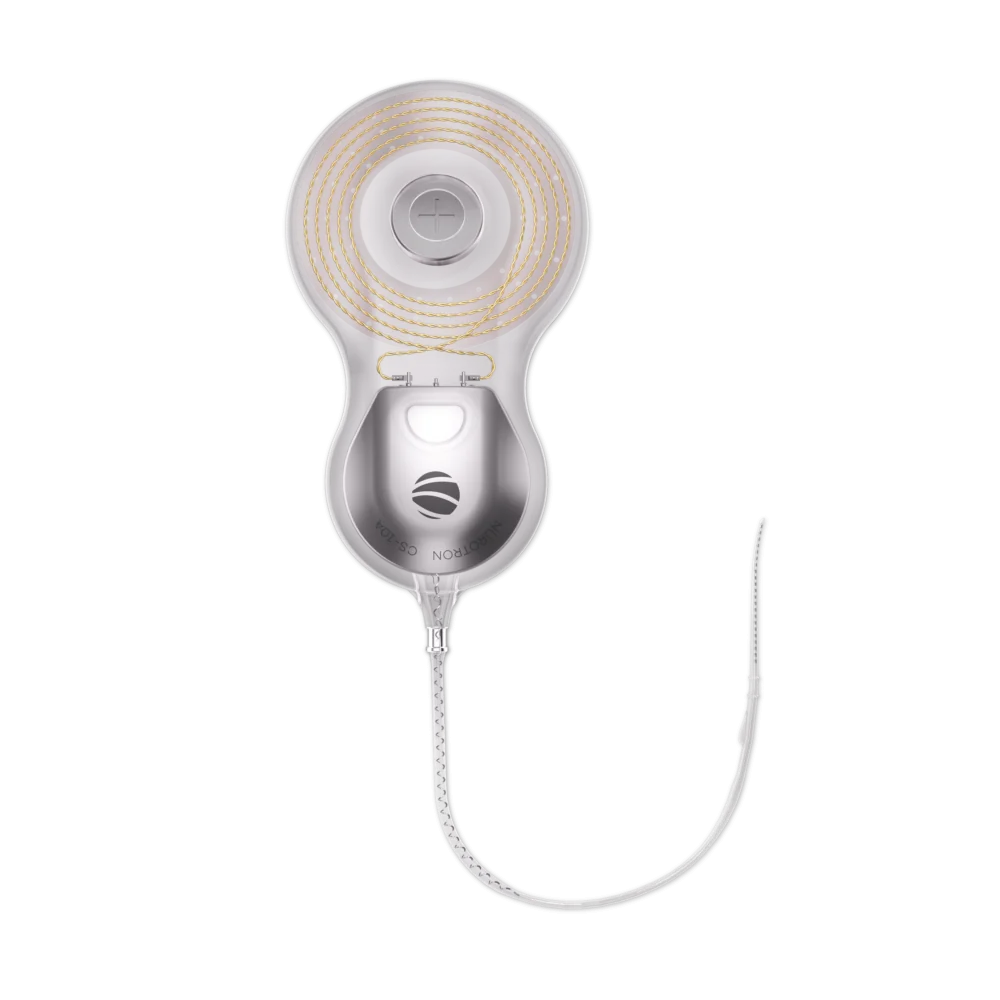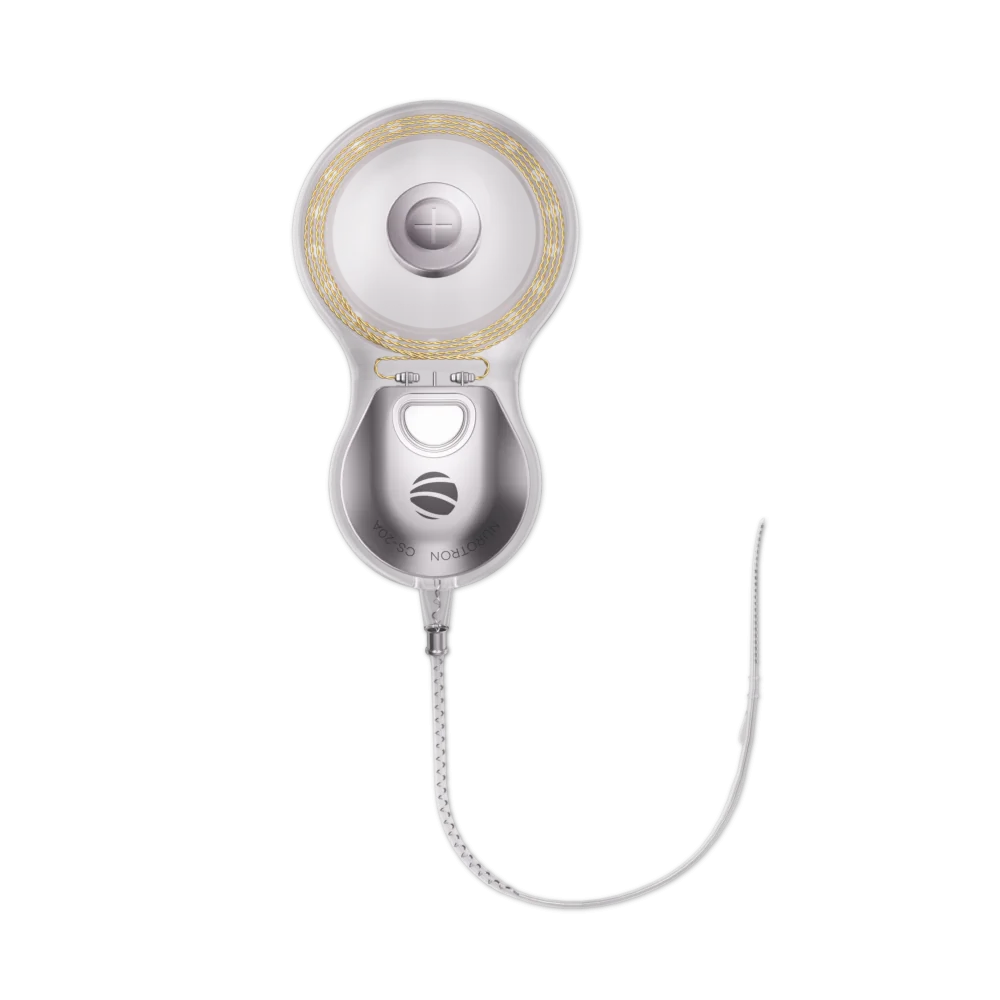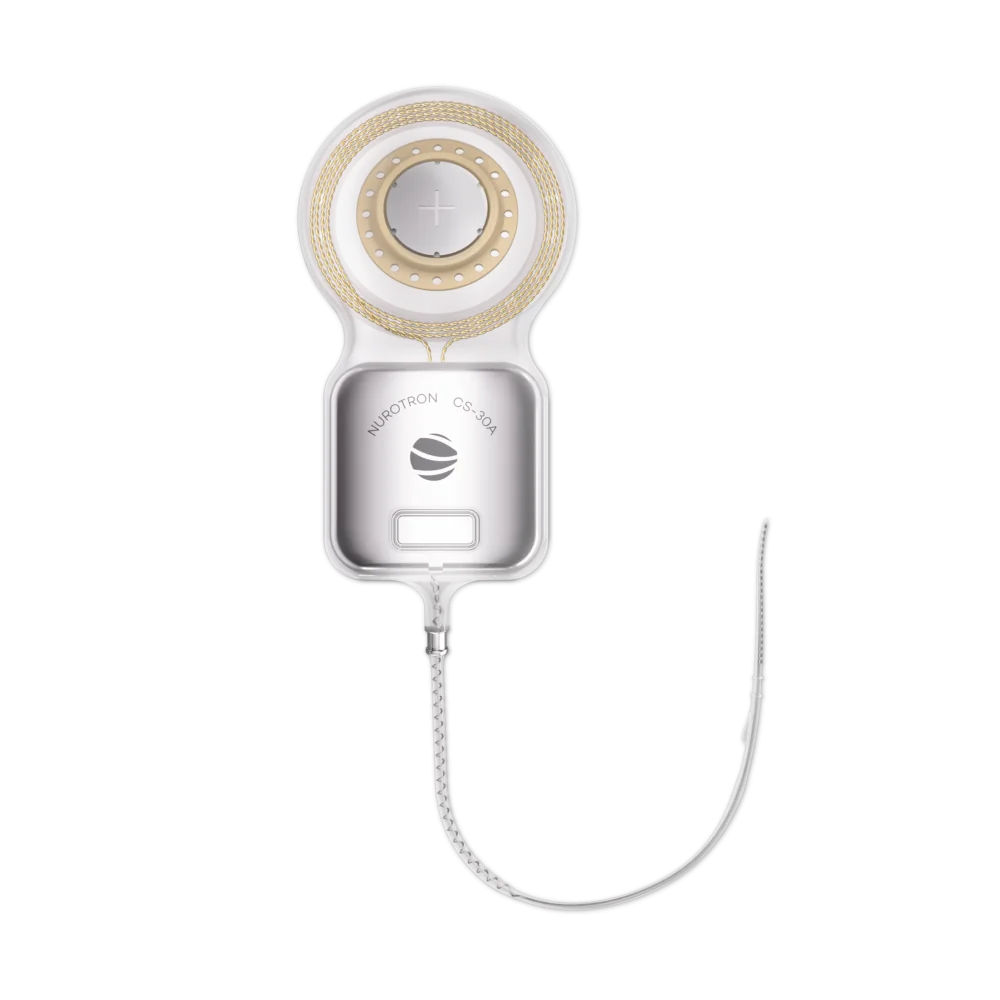
Hearing loss is a prevalent issue that affects millions of individuals worldwide, significantly impacting their quality of life. As technology advances, hearing loss implants have emerged as a viable solution for those seeking to regain auditory function. In this article, I will search various types of hearing loss implants and their associated benefits.
Empathise Hearing Loss Implants
Hearing loss implants are medical devices designed to improve hearing in individuals with varying degrees of auditory impairment. These devices can range from cochlear implants to bone-anchored hearing aids, each tailored to specific types of hearing loss. The primary goal is to bypass damaged portions of the ear and directly stimulate the auditory nerve or enhance sound transmission through bone conduction. By doing so, these implants offer users an opportunity to experience sounds they may have thought lost forever.
The Role of Nurotron in Hearing Technology
Nurotron is a prominent player in the field of auditory rehabilitation technologies, particularly known for its innovative cochlear implant systems. This company focuses on developing advanced solutions that cater specifically to patients with severe-to-profound sensorineural hearing loss. Their products not only aim at restoring sound perception but also emphasize user comfort and ease-of-use through cutting-edge design and functionality. With ongoing research and development efforts, Nurotron continues to push boundaries in enhancing the effectiveness and accessibility of hearing loss treatments.
Click bluetooth cochlear implant processor.
The Advantages of Bluetooth Cochlear Implant Processors

The integration of Bluetooth technology into cochlear implant processors represents a significant advancement in how users interact with their environment. These processors allow direct streaming from smartphones, televisions, and other audio sources straight into the user’s ear without additional accessories or cumbersome setups. This seamless connectivity enhances communication capabilities while providing greater control over listening experiences in various settings—be it crowded restaurants or quiet homes. Furthermore, Bluetooth-enabled processors often come equipped with apps that facilitate personalized adjustments based on individual preferences.
Conclusion: Embracing Hearing Loss Implants
In conclusion, hearing loss implants present numerous advantages for individuals grappling with auditory challenges by offering improved sound perception and enhanced quality-of-life opportunities. From companies like Nurotron leading innovation within this space to advancements such as Bluetooth connectivity making everyday interactions easier than ever before; these technologies represent hope for many facing isolation due to impaired hearing abilities. As we continue research new frontiers in audiology technology, it becomes increasingly clear that embracing these solutions can lead us toward more inclusive environments where everyone has access to sound.

